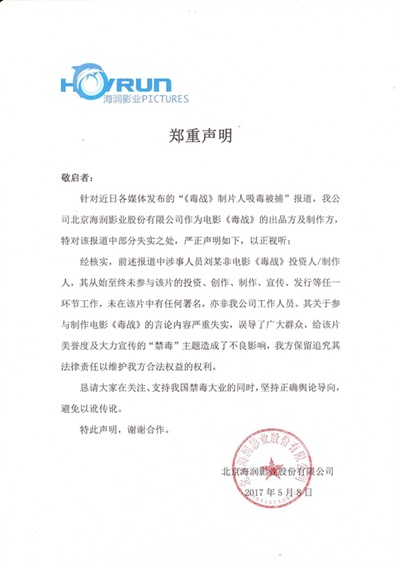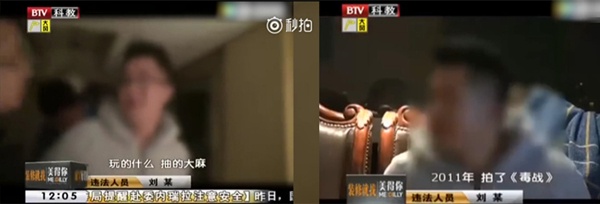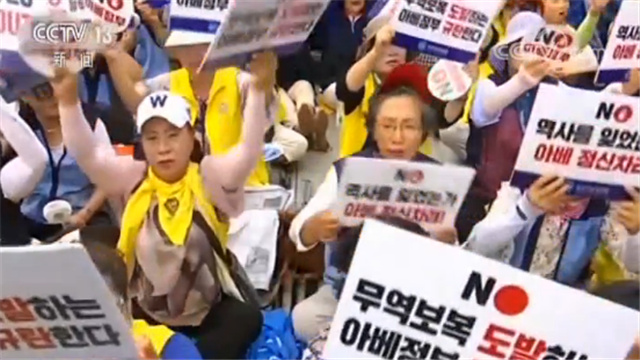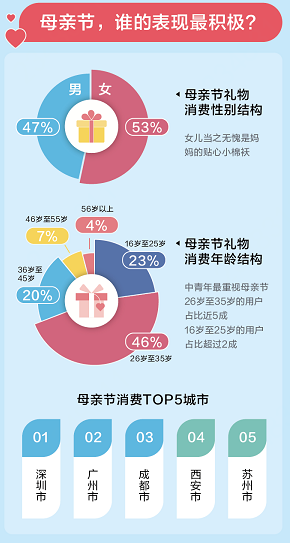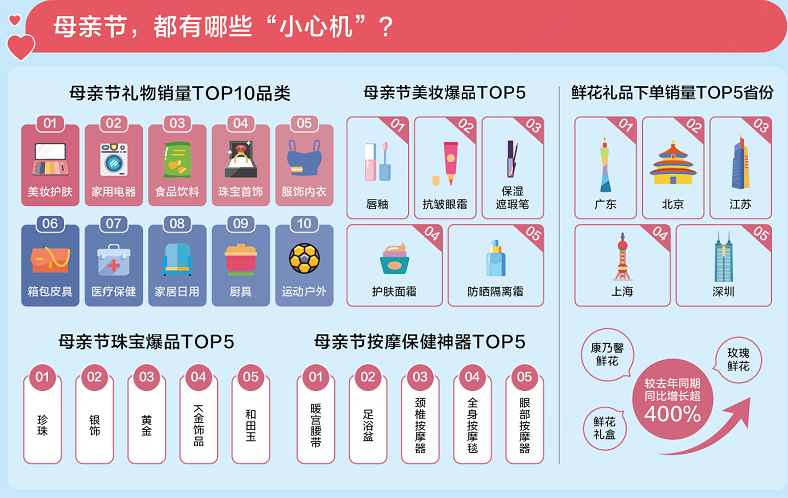
Last weekend, the 2022 SDCC Comic-Con (San Diego Comic-Con) exposed a series of heavy movie news, among which the news of Marvel Comics and DC’s new movies was the most striking.
Marvel Comics released the schedules and titles of many new films and dramas in one breath, and made clear the layout of the Marvel movie universe in the fourth, fifth and sixth stages.

Female Hulk and Panther 2 will be the last two works of the fourth stage of MCU, and Panther 2 will be the final chapter of the fourth stage.
"Ant Man 3" opens the fifth stage, and "Thunder Secret Service" is the final chapter of the fifth stage. The Avengers 5 and 6 is scheduled to be released in 2025, and Reunion 6 will be the final work of the sixth stage.
DC brought new previews of two superhero movies, Black Adam and Shazam!: Wrath of the Gods. Besides, I heard that Zack Snyder returned to the DC universe. Is this true?
Today, Time Jun will help you to take stock of these heavy news.

Marvel Comics’s new work
1. The first exposure notice and concept map of Panther 2.
The first preview of Panther 2 was gorgeous in special effects and sad in atmosphere, and Kanda was turned upside down. It was confirmed that T ‘Challa died in the film, and the new Panther appeared at the end of the film.
Judging from the preview, the villain should be Prince Namo (Tenoch Huerta), and the story will focus on the battle between the kingdom of Wa Kanda and Prince Namo’s underwater kingdom. In addition, the heart of steel played by Dominic Thorne will also appear in the film.
Namo made his debut in comics in April 1939. He was the first superhero in Marvel comics and the first mutant in Marvel Comics history.
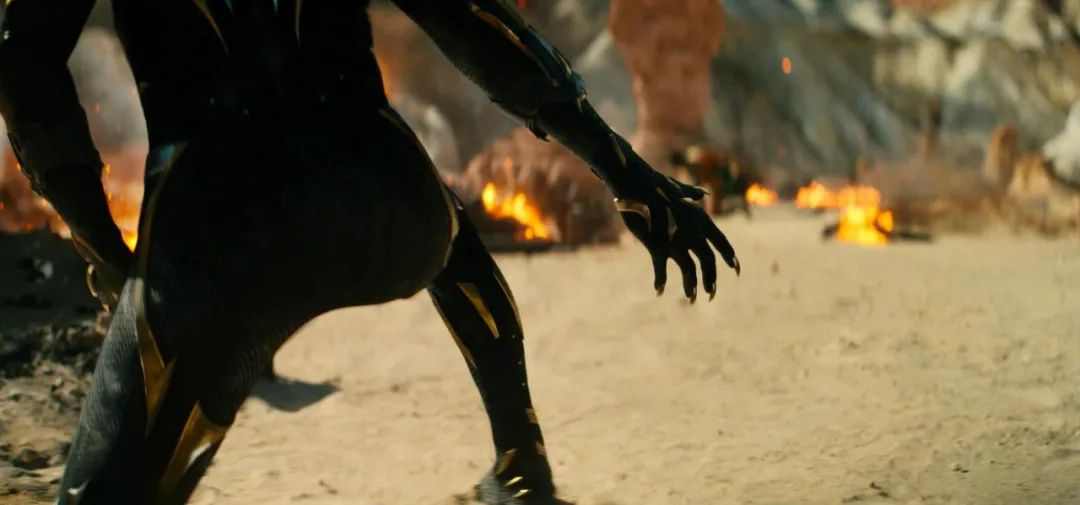
The new Panther is about to debut.
Panther 2 will be released in North America on November 11th, 2022. In the limited edition poster of SDCC venue, Princess Su Rui, Anna Ji Ya and Queen Lamanda made the gesture of "Long live Kanda" to pay tribute to Panther.

2. The Avengers 5 and 6 is scheduled for 2025.
The Avengers 5 and The Avengers 6 are scheduled to be released in North America on May 2, 2025 and November 7, 2025 respectively.
Yes, the "Reunion" series not only has sequels, but also can see two releases in the same year!

The Avengers 5: Kang Dynasty
The full name of The Avengers 5 is The Avengers 5: Kang Dynasty, and the full name of The Avengers 6 is The Avengers 6: Secret War. Reunion 6 will be the final work of the sixth stage of MCU.
The cumulative global box office of the first four "Reunion" films has exceeded $7.7 billion. Marvel Comics really won’t give up this cash cow with super box office appeal easily.

The Avengers 6: The Secret War
3. The new poster of Ant Man 3 was unveiled.
"Ant Man 3" released a special edition poster of SDCC, in which Ant Man, Hornet Girl and Ant Man’s daughter Kathy were framed in battle clothes, and Kang the Conqueror appeared.

The film will be released in North America on February 17, 2023, and it is the opening work of the fifth stage of MCU Marvel movie universe.
4. Captain America 4 was led by Falcon.
Captain America 4 was officially named Captain America: New World Order, and the title Logo was released.


Anthony mackie’s Falcon takes over as captain of the United States, and the film is scheduled to be released in North America on May 3, 2024. I don’t know the actor of this edition of "America Team". What do you think?
Before the movie was released, some fans began to miss "Mr. Tao" Chris Evans.
5. The Guardians of the Galaxy series is coming to an end.
"Galaxy Guard 3" exposed a new logo, which will be released in North America on May 5, 2023.

James Goon, the "rolling guide", said that "Silver Guard 3" will be the last one in the Guardians of the Galaxy series. The first preview of this film was broadcast live in SDCC, but it has not been released on the Internet.

The preview is related to the story of the origin of the rocket raccoon, confirming that Star-Lord will reunite with Carmela, who has become the leader of the marauder.
6. The Fantastic Four and Oscar Pistorius are finalized.
The new Fantastic Four will be released in North America on November 8, 2024.

Oscar Pistorius is scheduled to be released in North America on November 3rd, 2023, with Mahershala Ali as the leading role in Green Book and Bassam Tariq as the director of Mogul Mogoli.

Marvel Comics’s new film "Thunder Agents" is scheduled to be released in North America on July 26th, 2024, which is also the final chapter of the fifth stage of MCU.

7, "Woman Hulk" released a new notice
There is also a lot of new news in Marvel Comics’s new dramas, and "The Woman Hulk" released new notices and posters.
Tatiana maslany plays the female Hulk, Mark Ruffalo returns to play Bruce Banner, and Tim Roth will return to play Hate, and Daredevil makes a surprise guest appearance.
The play will be launched on Disney+ on August 17th.

8. Many new dramas in Marvel Comics will be broadcast soon.
Marvel Comics series "What if …? In the second season, it was announced that it would be launched early next year, and in the third season, it was already in operation. The new drama "Spider-Man: First-year Students" was exposed and announced that it would be launched in 2024.

Marvel Comics’s new drama "X-Men 97" has been exposed, and the X-Men led by Wan Ciwang has appeared. It is planned to be launched next autumn, and the second season is already in operation.

X-men 97
Marvel Comics’s new drama Zombies in Marvel Comics will be released in 2024, focusing on the Marvel universe invaded by zombies. It is rated as TV-MA, which is equivalent to the R rating in the movie, and may contain content that is not suitable for minors under 17 or only suitable for adult audiences.

9. Marvel Comics’s timetable for the fourth, fifth and sixth stages.
Marvel Comics announced that the 4th-6th stage of MCU has entered the stage of "Legend of Multi-Universe".

The release (on-line) schedule of the fifth stage works is as follows, with a total of 12 works, with Ant Man 3 as the opening work and Thunder Secret Service as the ending.
Movies:
Ant Man 3: Quantum Mania was released on February 17th, 2023.
Galaxy Guard 3 was released on May 5, 2023.
Captain Surprise 2 was released on July 28th, 2023.
Oscar Pistorius was released on November 3rd, 2023.
Captain America 4: The Order of the New World was released on May 3, 2024.
Thunder Secret Service was released on July 26th, 2024.
Episode:
"Secret Invasion" started broadcasting in the spring of 2023.
Echo started broadcasting in the summer of 2023.
The second season of Loki was broadcast in the summer of 2023.
"Heart of Steel" was launched in the autumn of 2023.
"Daredevil: Rebirth" was launched in the spring of 2024.
Agatha started in the winter of 2023-2024.

There are 11 works in the sixth stage, and most of the projects remain mysterious at present.
Fantastic Four November 8, 2024.
The Avengers 5: Kang Dynasty, May 2, 2025.
The Avengers VI: The Secret War, November 7, 2025.

10. Take a group photo.
Finally, let’s take a look at the photos taken by the creative team of Marvel Comics’s four new works on SDCC.

Ant Man 3

Guardians of the Galaxy Vol. 3

Panther 2

Woman Hulk

DC new work
1. Zack Snyder returns to the DC universe?
At the SDCC Comic-Con, compared with Marvel Pictures’ announcement of the fifth and sixth stage plans in one breath, the DC side was quite conservative, and the legendary Henry Cavill did not show up.
However, according to foreign media "Hollywood Reporter", Zack Snyder, one of the founders of DCEU, will return to the DC universe.

Don’t get excited, everyone. Zack Snyder will play himself in the eighth season of the animated TV series Teenage Titan Attack. Judging from the exposed stills, it should be about his filming Batman v Superman and 300 Warriors.
Zack Snyder himself confirmed this on social media, and his guest episode will be broadcast this fall.
As for whether Zack Snyder can still get his hands on the DC Cosmic Reality Film Project, jim lee, the chief creative officer of DC Comics, recently said that at least the follow-up film project of Zach Schneider’s Justice League will not be promoted in DC.
2, "Black Adam" Dwayne Douglas Johnson steals the mirror
DC’s new film "Black Adam" appeared in SDCC Comic-Con, and the shape of Dwayne Douglas Johnson’s tights was quite eye-catching.

The new preview published by Black Adam is very popular. The new superhero in the DC movie universe appeared, reincarnated from a slave to a god, with super ability, both good and evil.
This film is directed by jaume serra (NON-STOP’s Strange Sail in the Jungle), and "007" pierce brosnan plays Dr. Destiny, viola davis returns to play amanda waller, and aldis hodge plays Eagle Man. It was released in North America on October 21st this year.
3, "Thunder Shazan! "New notice"
DC’s new film Thunder Shazan! Wrath of the Gods released the first notice of SDCC. Shazam, who is a superhero in appearance and a child at heart, appeared, and his painting style is still sand sculpture.
Liu Yuling, helen mirren and Rachel Ziegler, the "Snow White", also made their debut.
Zachary Levi, Arthur Anqi, Jack Dylan Glazer, Faith Herman, Ian Chen, and Jovan armand returned to star in this film, and David F. Sandberg continued to direct it.
The film will be released in North America on December 21st this year. The last word-of-mouth overturned badly. I wonder if the new work can turn over?
4. A new preview of the DC drama "Sandman"
Netflix’s DC changed the new drama "The Sandman" and released official posters and new notices.
The drama is adapted from the DC comic book of the same name created by neil gaiman, and it is said to be the most expensive DC drama by far, and will be launched on August 5th.

Allen Heidelberg (Wonder Woman) will write and run this version of The Sandman, and neil gaiman and David Goyer will be executive producers, who have also participated in the development of the film version.
The drama tells that whenever people fall asleep, they will come to a world called "Dream", where the "King of Dreams" (tom sturridge) constructs people’s deep fears and fantasies. Look at the preview, the texture is good!

Other new works
1. The long preview of the derivative drama of Quanyou
The Dragon Family, the derivative drama of Game of Thrones, released an extended preview of the San Diego Comic-Con, which will be broadcast on August 21st after 3 minutes.
The story line of Longjia’s drama "succession to the throne, weapons contending and dragons screaming together" was grandly unveiled.
The play is adapted from George Raymond Richard Martin’s novel Blood and Fire, and tells the story of the Targaryen family that happened in Game of Thrones 300 years ago.

Starring Emma Darcy, matt smith and Millie Alcock, there are 10 episodes in the first season.
In addition, George Raymond Richard Martin revealed at the SDCC Comic Con that he would not make a guest appearance in this ·R·R· unless he finished the Cold Wind in Winter.
2. The real-life version of "Saint saint seiya"
The live-action movie saint seiya: The Knight of the Zodiac made its first exposure in SDCC. This film was jointly created by Dongying Yinghua and Sony Pictures.
Mackenyu, who plays saint seiya, Madison Hysmans, who plays Yarn Weaving, and sean bean, who plays Mitsumasa Kido, all appeared. The film will meet the global audience in 2023.

The film was directed by the Polish Thomas Baghinschi, who was the producer of the American TV series "The Huntsman" and the Netflix animated version of "Zodiac Knight: Saint saint seiya", and he is still familiar with this Japanese cartoon.
